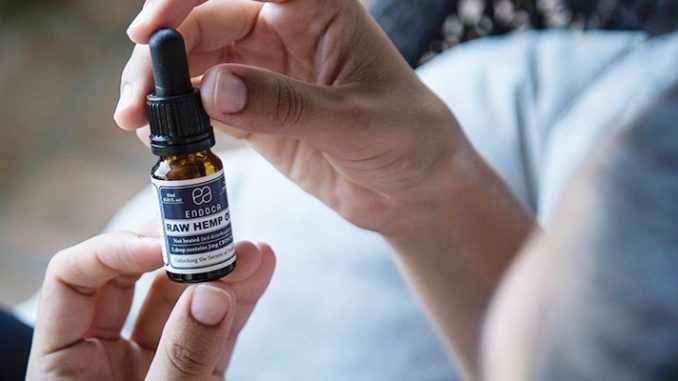
As seniors continue to seek natural alternatives for various health issues, CBD (cannabidiol) has gained immense popularity in recent years. CBD, extracted from the hemp plant, offers numerous potential benefits without the psychoactive effects commonly associated with THC. In this comprehensive guide, we will explore the potential benefits, uses, and precautions seniors need to know before incorporating CBD into their wellness routine.
What is CBD?
CBD, short for cannabidiol, is one of the many active compounds found in the cannabis plant. Unlike THC (tetrahydrocannabinol), CBD does not produce a high sensation. CBD is typically derived from hemp, a variety of cannabis with low THC content, making it legal in many countries.
Potential Benefits for Seniors
Seniors often experience various health issues associated with aging, including chronic pain, inflammation, sleep disorders, and anxiety. CBD has shown potential in addressing these concerns:
1. Pain Management
CBD has demonstrated potential as a natural pain reliever. It interacts with the endocannabinoid system in the body, helping to reduce pain and discomfort associated with arthritis, neuropathy, and other chronic conditions.
2. Inflammation Reduction
Chronic inflammation can contribute to various health problems, including heart disease and diabetes. CBD has been studied for its anti-inflammatory properties, potentially helping seniors with conditions like rheumatoid arthritis and irritable bowel syndrome.
3. Improved Sleep
Sleep disturbances are common among seniors. CBD may promote relaxation and improve sleep quality, potentially helping seniors combat insomnia or other sleep disorders.
4. Anxiety and Stress Relief
Seniors often experience anxiety and stress related to health issues or life changes. CBD has shown promise in reducing anxiety and stress by interacting with serotonin receptors in the brain, promoting a sense of calmness.
Choosing the Right CBD Product
When it comes to CBD products, seniors should consider a few factors:
1. CBD Strength and Dosage
Start with low CBD concentrations and gradually increase the dosage until desired effects are achieved. It is advisable to consult with a healthcare professional to determine an appropriate dosage.
2. Full-Spectrum vs. Isolate CBD
Full-spectrum CBD products contain other beneficial compounds from the hemp plant, such as terpenes and flavonoids. Isolate CBD contains only pure CBD. Seniors may prefer full-spectrum products for the potential overall benefit.
3. Product Quality and Source
Look for CBD products that have been tested by third-party laboratories for potency and purity. Opt for products sourced from organic hemp to ensure they are free from pesticides and contaminants.
Precautions and Side Effects
While CBD is generally well-tolerated, it’s important for seniors to be aware of potential side effects:
1. Drug Interactions
CBD can interact with certain medications, so seniors should consult with their healthcare provider before using CBD products.
2. Mild Side Effects
Some individuals may experience mild side effects such as drowsiness, dry mouth, or changes in appetite. These effects are usually temporary and subside with continued use.
Conclusion
CBD offers seniors a potential natural option for managing various health issues. However, it’s important for seniors to consult with their healthcare provider before starting CBD to ensure it doesn’t interfere with any existing medications or health conditions. With proper guidance, CBD can potentially provide relief and improve the overall well-being of seniors.
